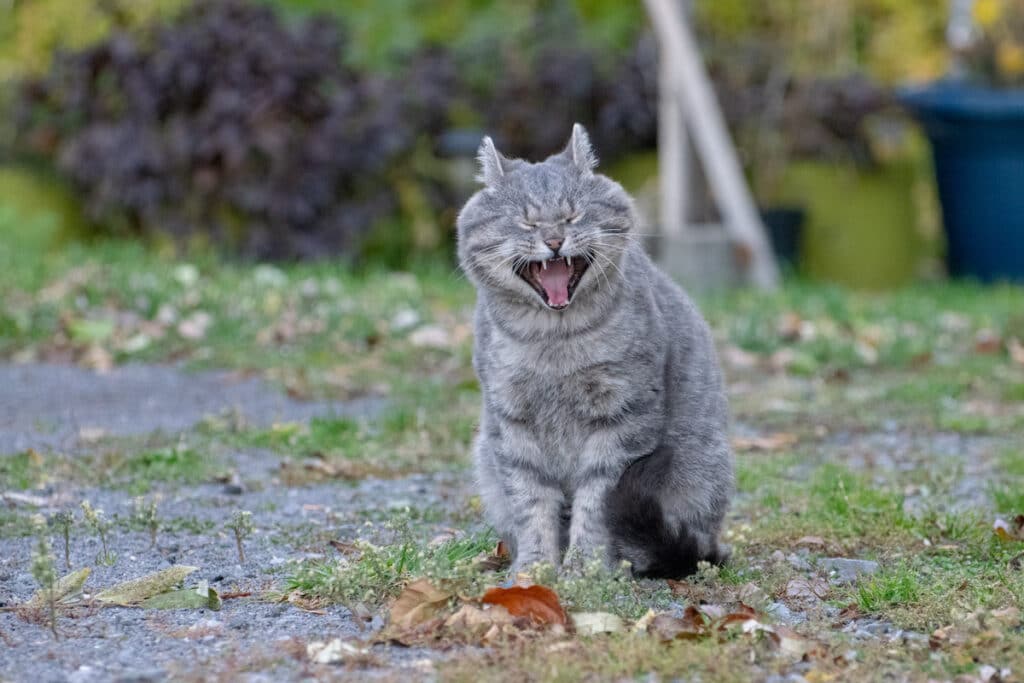Many of us experience allergies in one way or another, ranging from seasonal sneezing to wheat sensitivity. Cats can experience food and environmental allergies just like people do. Allergies to fleas can also occur in cats. Here are some symptoms of your cat having allergies and what to do about them.
What causes cat allergies?
Allergies to food, the environment, and fleas are the three primary categories of allergies that cats might develop. The substances that fall under these categories of allergens include:
- Organic components such as grass, plants, pollen, and mold and mildew
- Life stage requirements
- Cat litter made with chemicals
- Fabric, rubber, and plastic materials
- Perfume
- Food
- Fleas and flea-control products
Because your cat will only be impacted for a few months out of the year, seasonal allergies brought on by things like pollen are typically easier to detect. Seasonal allergies can be more difficult to identify.
Common signs of cat allergies
Your cat may display one or more of these signs if she has allergies:
- Itchy skin
- Sneezing, coughing, and wheezing
- Itchy and runny eyes
- Vomiting
- Diarrhea
- Swollen paws
- Snoring
Food allergy symptoms in cats can include vomiting, diarrhea, and itchy skin around the face and neck. Itching on your cat’s back or tail may indicate a flea infestation. Typically, chemicals your cat inhales, including smoke or perfume, create respiratory issues and snoring due to an inflamed throat. Regardless of the symptoms your cat is exhibiting, consult your veterinarian for a diagnosis and suggested course of action.
Allergy treatments
Getting rid of irritating allergens from your home is the greatest strategy to lessen cat allergies. To determine if certain foods contributed to your cat’s itchy skin, you can remove them from her diet. When seasonal allergies occur, you can keep your cat inside and use flea control medicine to keep fleas away.
Finding the precise cause of your cat’s allergies can take some time. Your veterinarian can do tests to rule out potential causes, but if your cat has food allergies, you’ll also need to keep an eye on how she responds to various components to identify which food is the problem. For cats with food allergies, your veterinarian may also advise a restricted-ingredient diet or prescription diet.
Keeping your house dust-free and tidy, as well as giving your cat regular baths, will also help lessen allergy symptoms. In addition to your cat’s natural self-grooming, ask your vet how often the skin of your cat should be cleansed and the best cat shampoos to use. The skin on your pet may become dry if they take too many baths.
If the litter your cat is using is the cause of her allergies, gradually switch to a natural litter. Your veterinarian can assist you in identifying the cause of your cat’s allergies so that you both have relief.














